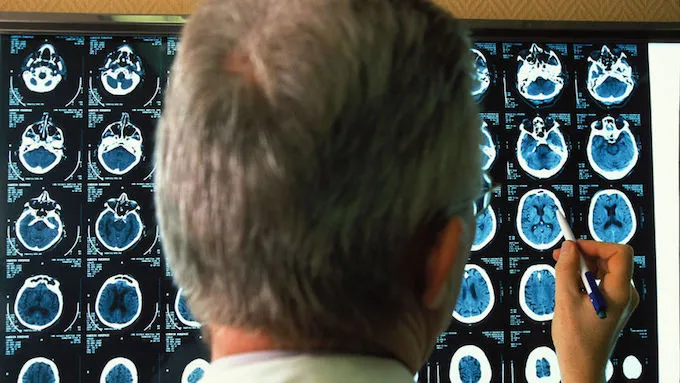There are many scientific discoveries that came by chance ... and one last example we have it in a new drug for type 2 diabetes that has also demonstrated the symptoms associated with Alzheimer's, so that it could become a very promising treatment for thisdisease.
This drug has been developed by a team of researchers from the University of Lancaster, who have published their results in Brain Research.
It is a drug of those known as triple agonists and is composed of three different growth factors: glucagon, LPG-1 and GIP.
The use of growth factors is increasingly frequent in the investigation of diabetes treatments, since it has been discovered that many of them have a structure similar to that of insulin.However, they have many other uses, such as the improvement of memory problems of patients with neurodegenerative diseases.
To verify if this was also the case, these researchers treated with him a group of transgenic mice to which a series of genes that are altered in patients affected by a hereditary variant of Alzheimer's were mutated.
After treatment, they improved significantly in the labyrinth tests, in which the status of his memory is checked and, in addition, it was found that the amount of amyloid plates, associated with the disease, had been reduced in his brains.
In addition, cerebral inflammation and oxidative stress were also reduced and the rate of loss of nerve cells was slowed.All this makes sense if one takes into account that type 2 diabetes is a risk factor for the appearance of Alzheimer's and that the deterioration of insulin seems to be linked to the development of this and other neurodegenerative diseases.
These results can be considered as very promising, but there is still a lot to investigate.The clinical trials developed with a previous version of the drug gave very good results in humans, but they were insufficient, so it is now the time to check if the new version is better than the previous one.
In addition, a detailed study of the appropriate doses and their possible effects should be done, not forgetting to compare it with other conventional drugs for the treatment of the symptoms of Alzheimer's, since it might not be better than them.


